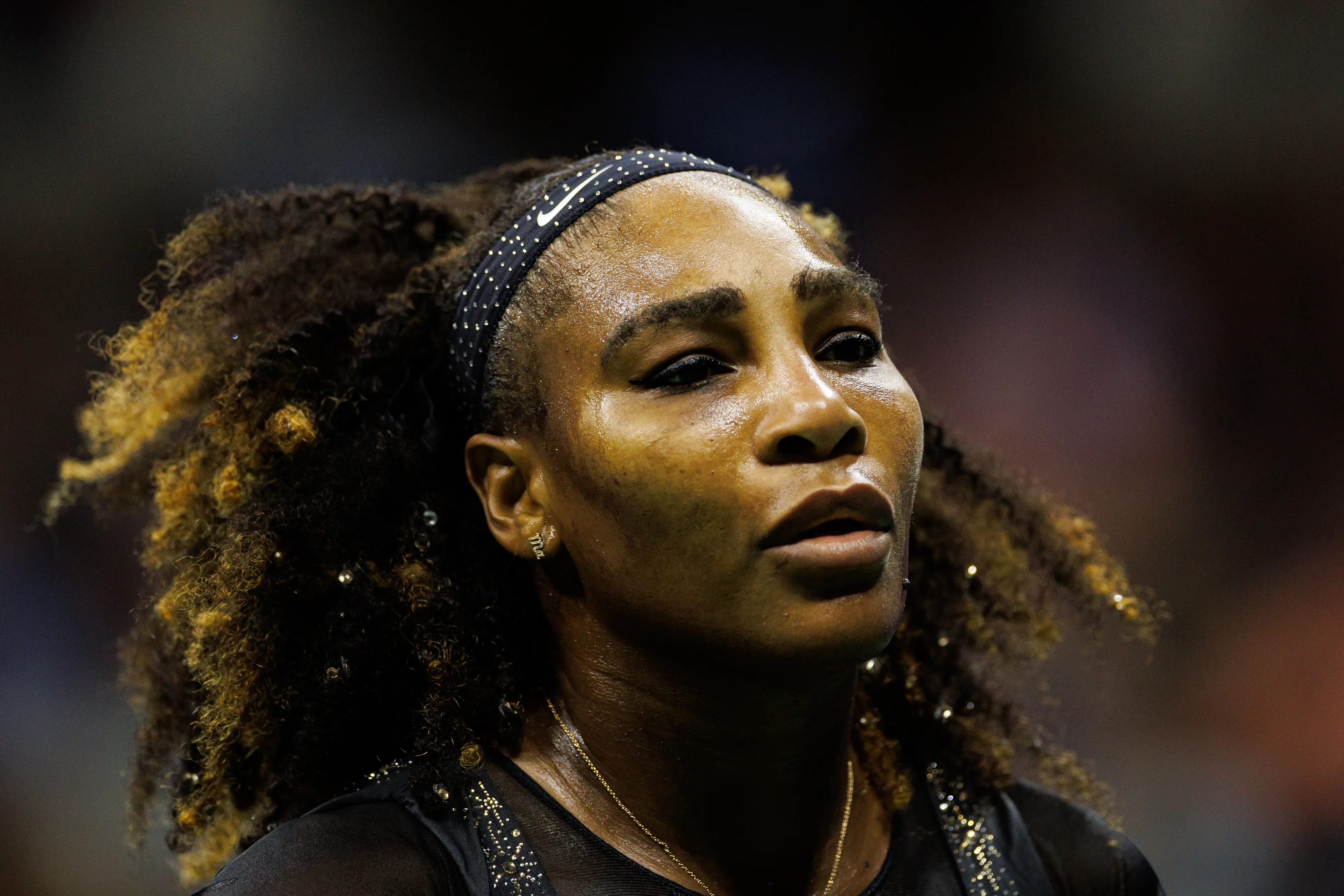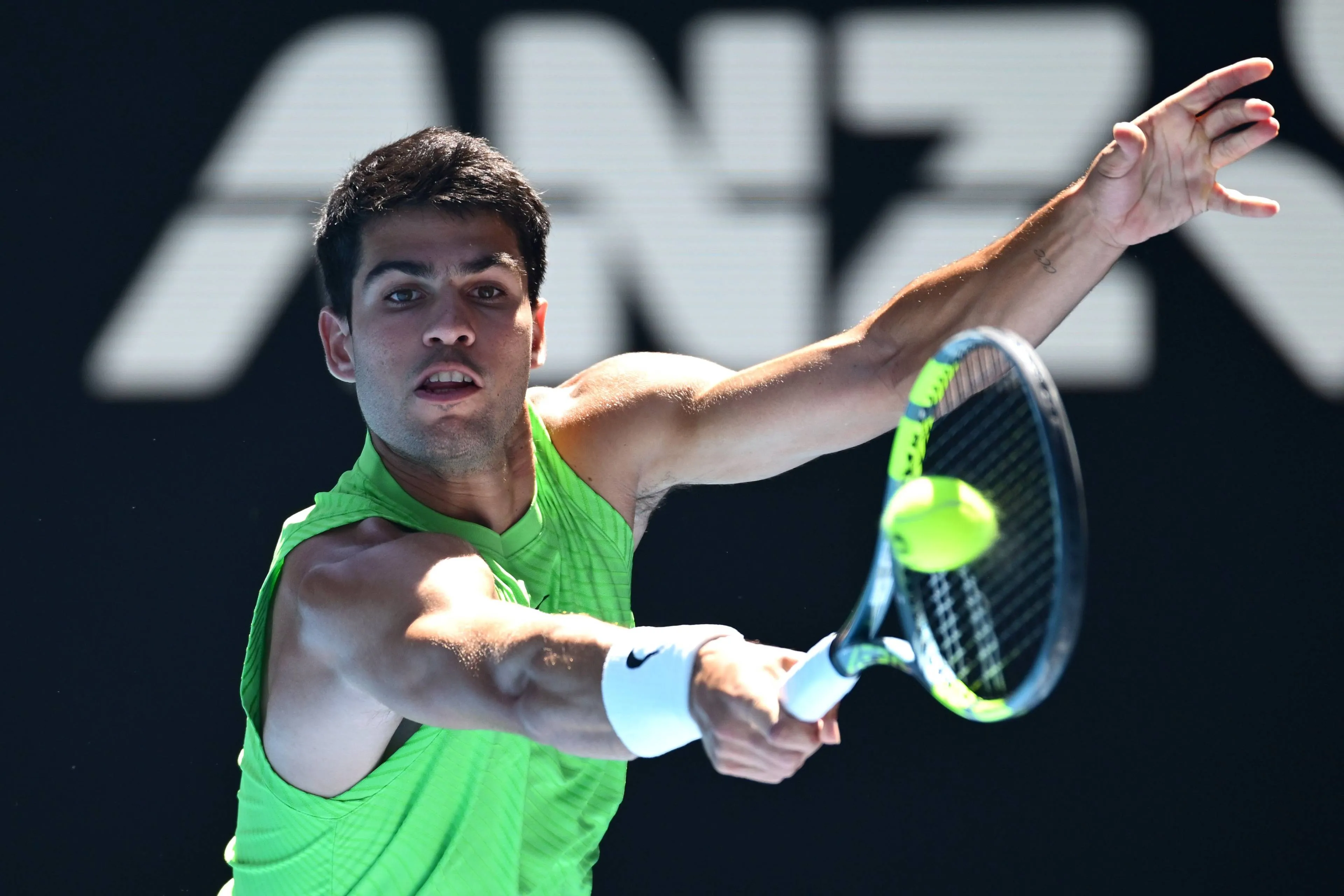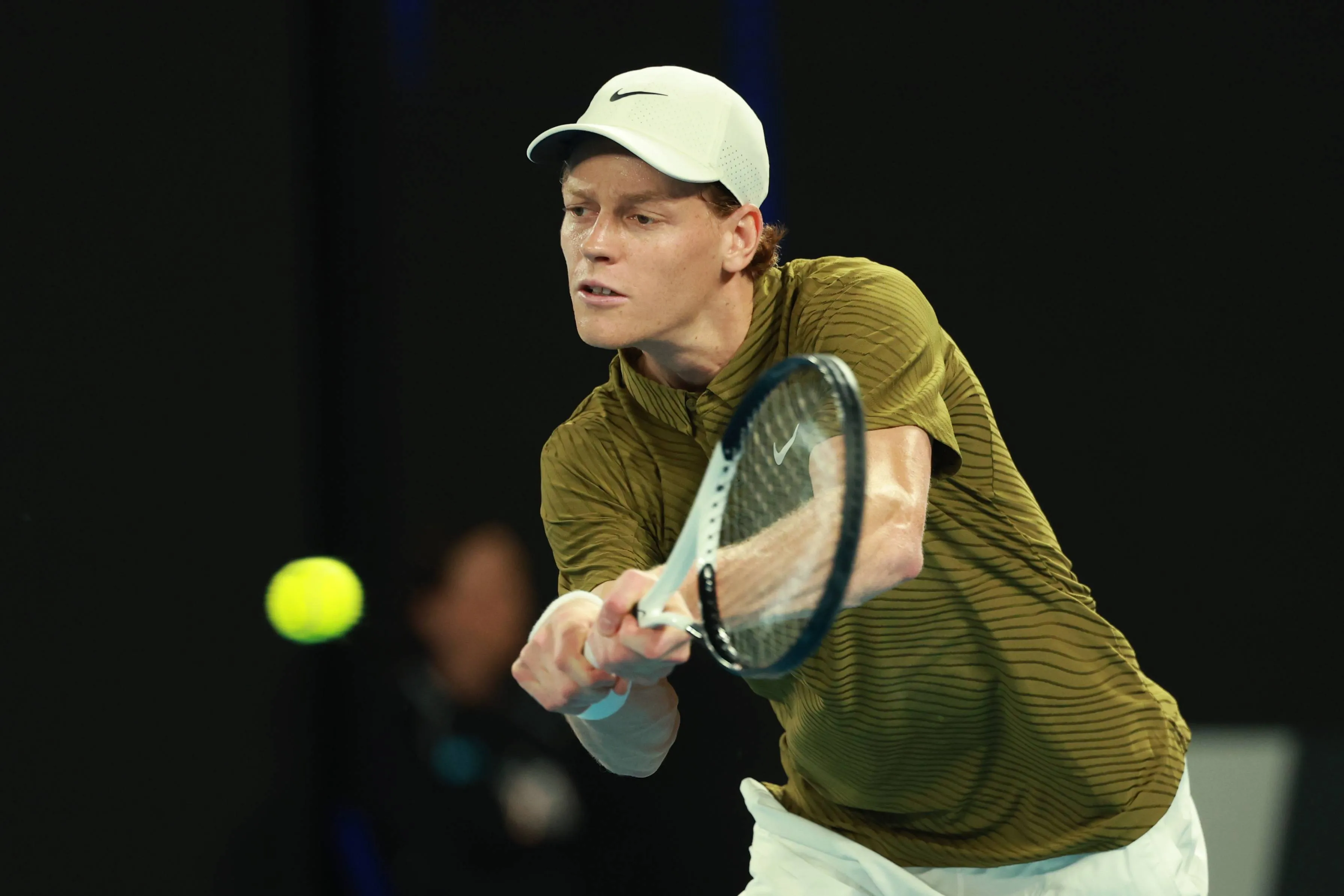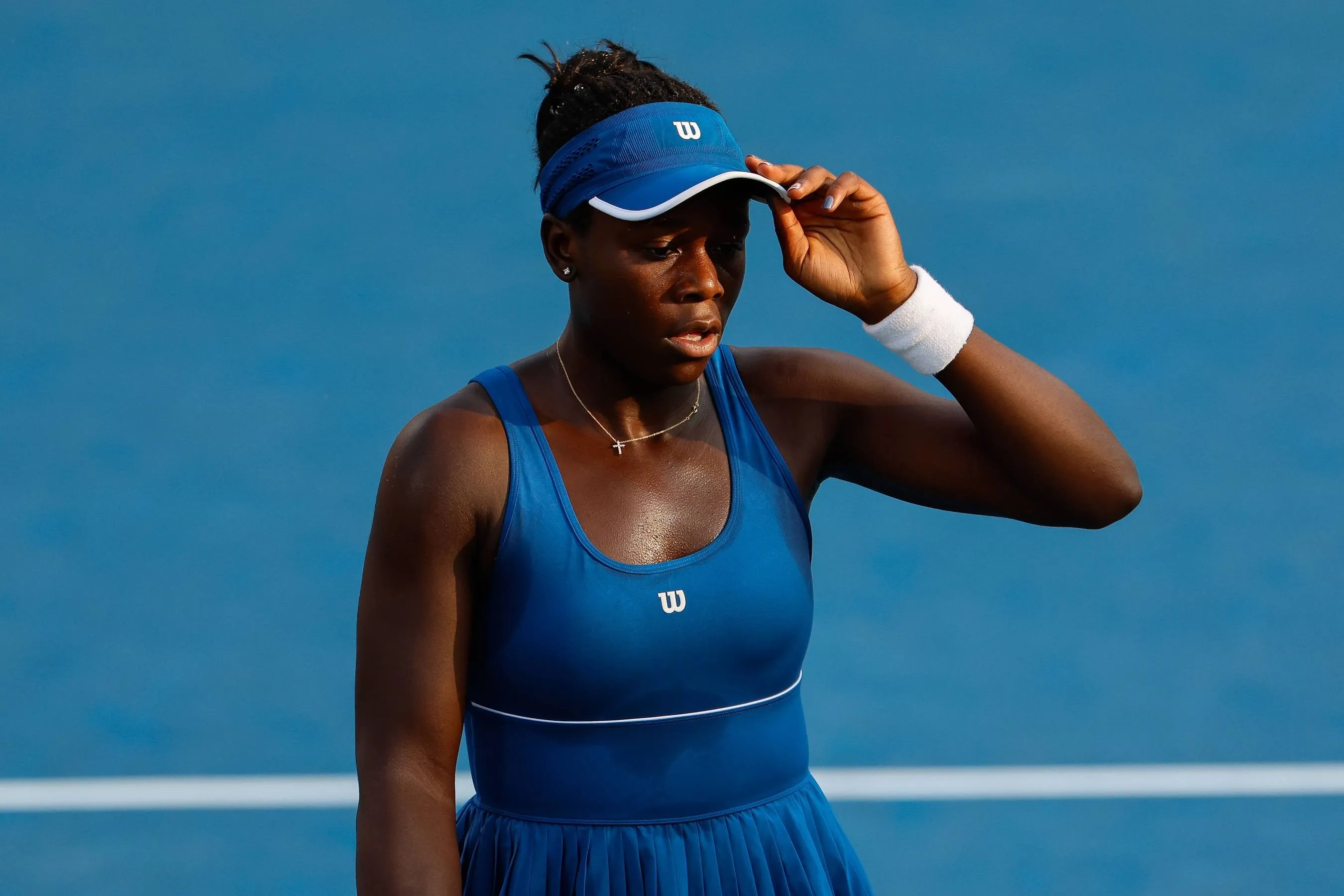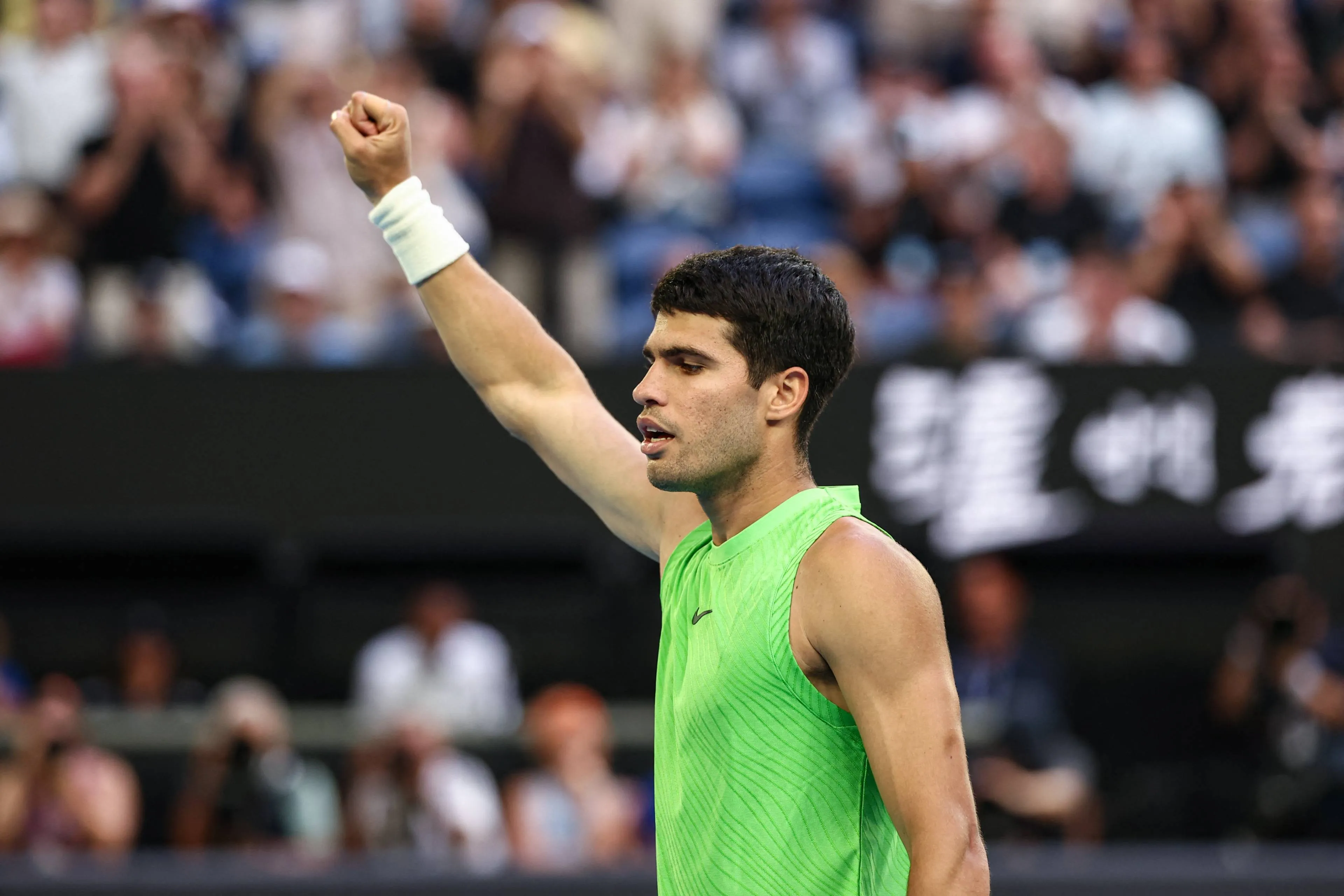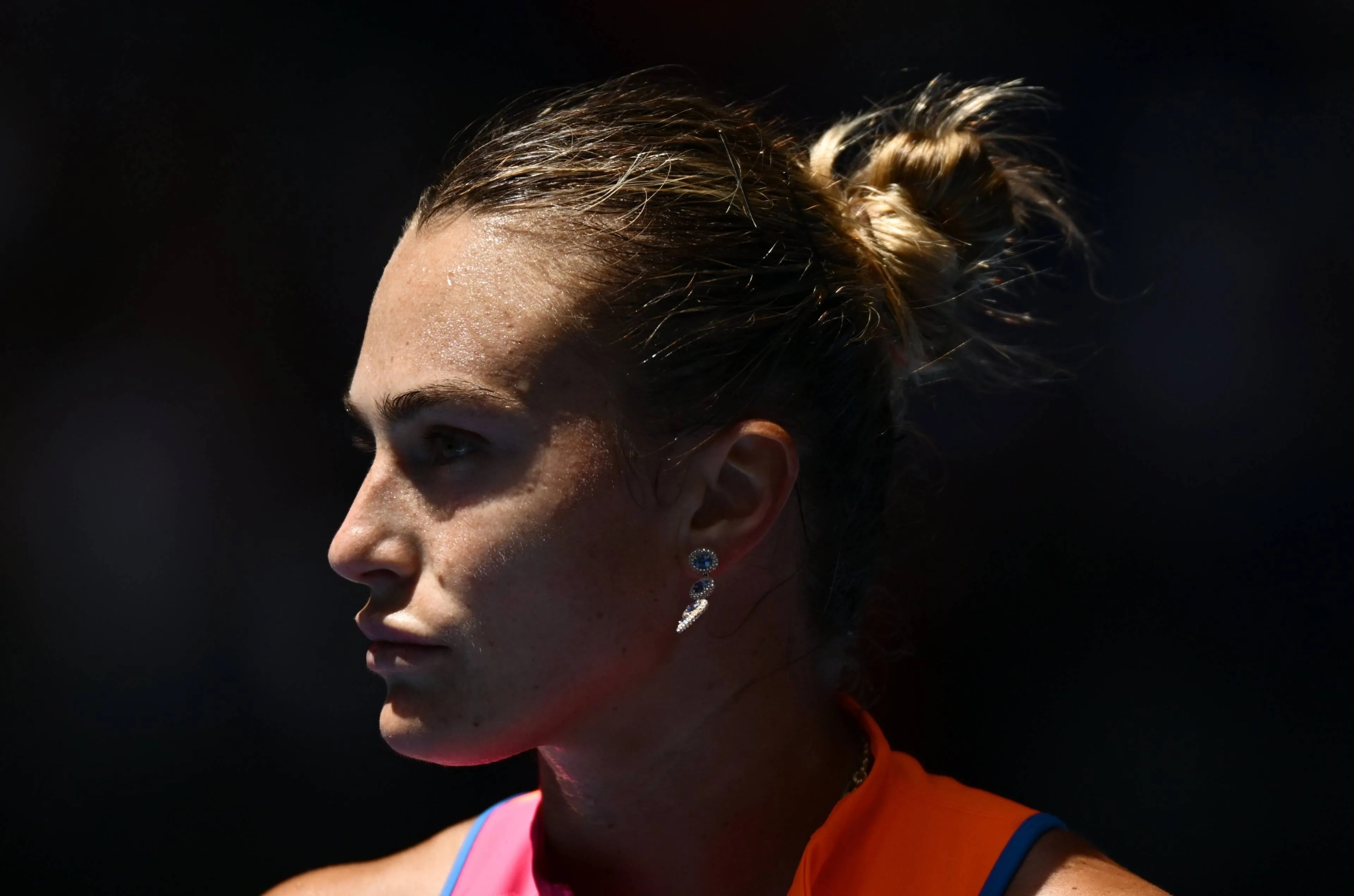Shapovalov Accuses ITIA Of Acting Based 'On What Player It Is' In Doping Cases
ATPFriday, 23 August 2024 at 01:10

Denis Shapovalov believes the authorities investigate doping cases differently depending on who the player is after Jannik Sinner was cleared of wrongdoing after testing positive for a banned substance.
Sinner tested positive for the substance clostebol on two occasions during March's Indian Wells Open. He avoided a suspension but had his prize money and ranking points from the event in Indian Wells revoked.
The International Tennis Integrity Agency accepted Sinner's explanation that a negligible amount of clostebol entered his system without his knowledge from his physiotherapist, who was using a spray that contained the substance.
Since the news broke after being kept private for five months, the tennis world has reacted in various ways. Some have supported the Italian. Mark Petchey defended Sinner and the case's handling, while John Millman also said he believed him 100%.
Serena Williams' ex-coach, Rennae Stubbs, also trusted how the case was handled. But Stubbs also said Sinner would be scrutinized for the rest of his career due to the case, rightly or wrongly.
Others have not backed Sinner or the case's handling. Some were shocked to learn of a possible conflict of interest since the Australian Open champion's lawyer had the ITIA on his client list, which seems strange.
Some players expressed their unhappiness. Nick Kyrgios feels Sinner should be banned for two years, whether the clostebol was taken deliberately or not. Lucas Pouille also expressed disapproval on social media.
Former Wimbledon semifinalist Denis Shapovalov quickly expressed his anger on social media after the news broke, saying he felt sorry for other players whose cases had gone public.
Shapovalov elaborated on his comments to Tennis Majors. The Canadian said he did not have an issue with Sinner specifically. His problem is that some accused players are allowed to continue playing while others are not.
Read also
“Honestly, it has nothing to do with Jannik. To me, it’s just about how they handle every situation differently, depending on what player it is. It’s not right that some players have been suspended for years for contamination, and other players are able to play and they’re just trying to sweep it under the rug."
The 25-year-old also used the example of other players who were given bans for missing tests despite never testing positive. This happened to Michael Ymer, who was banned for 18 months after missing three tests.
"There are a couple of other players who have never tested positive and missed a couple of tests, and are given an 18-month ban."
Some analysts dispute that Sinner was given any preferential treatment. Tennis writer Damian Kust wrote about how the former world No. 355 Marco Bortolotti was found with clostebol in his system but was also cleared of wrongdoing.
Parts of the decision made in Bortolotti's case were blacked out, and he was never provisionally suspended, supporting the view of those who believe Sinner did not get special treatment because he is a top player.
However, others point to many cases where players were provisionally suspended and think one consistent rule should be applied. Sinner's story will undoubtedly continue to generate heated debate.
Read also
Loading



